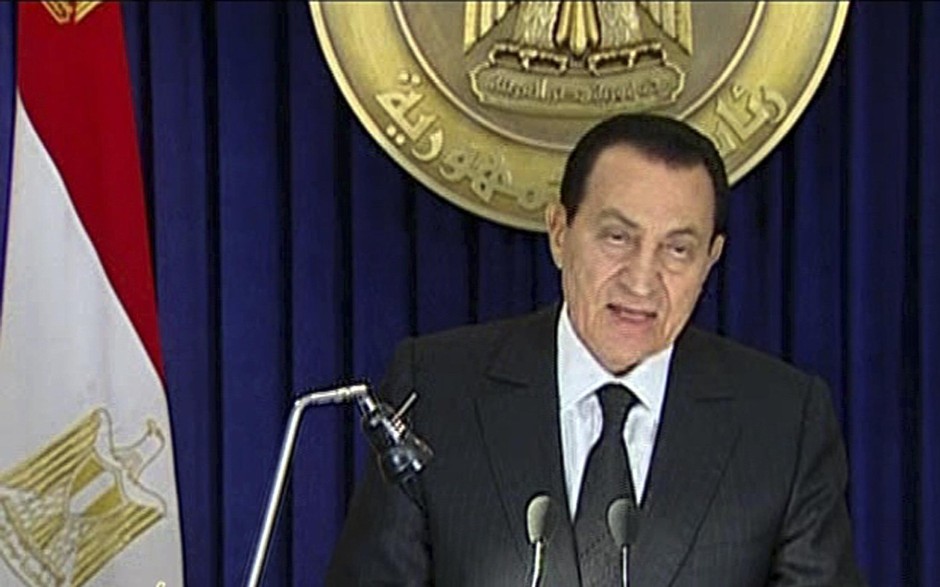This year’s Nobel Peace Prize was won by the National Dialogue Quartet, a coalition of human rights activists, labor unions, lawyers and businesses which played a significant role in guiding Tunisia to the promised land of democracy after its political upheaval in 2010 and 2011.
The uprising in Tunisia spread to the rest of the Arab world and was collectively known as the Arab Spring.
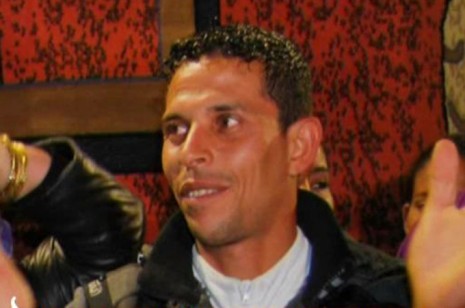
The convulsions in Tunisia began in December 2010 following the death of an Arab street vendor, Mohammed Bouazizi, who set fire to himself after police harassment. Bouazizi’s demise opened a Pandora’x Box, sparking nation-wide demonstrations turning on such suppressed issues as government corruption and autocracy and youth unemployment. These protests promped Tunisia’s longtime authoritarian president, Zine el-Abidine Ali, to flee to Saudi Arabia into exile.
With Ali’s departure, Tunisia experienced turbulence on a grand scale and seemed headed for an extended period of instability. The National Dialogue Quartet — composed of the Tunisian Human Rights League, the Tunisian General Labor Union, the Tunisian Order of Lawyers and the Tunisian Confederation of Industry, Trade and Handicrafts — stepped in and made what the Nobel committee described as a “decisive contribution to the building of a pluralistic democracy” in Tunisia.
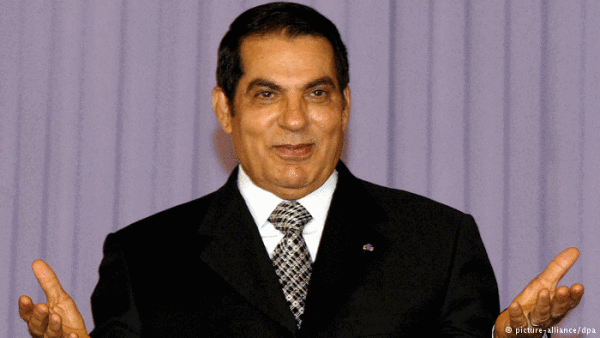
Tunisia is still grappling with the fallout of the Arab Spring. Politicians are jockeying for power. High-profile assassinations have shaken the nation. A spate of terrorism has damaged one of the pillars of Tunisia’s economy, the tourist industry.
Tunisia, however, appears to be on the right path. The democratic transition has begun, thanks in no small part to responsible politicians and the National Dialogue Quartet.
Neighboring Arab countries have not been as fortunate, having plunged into chaos or civil war since the eruption of the Arab Spring in Tunisia.
Egypt was one of the first countries to feel the repercussions. Protesters called for the resignation of the then president, Hosni Mubarak, citing his reliance on dictatorial methods to suppress democracy and subdue the population, his tolerance of corrupt officials at the highest levels and his mismanagement of the economy.
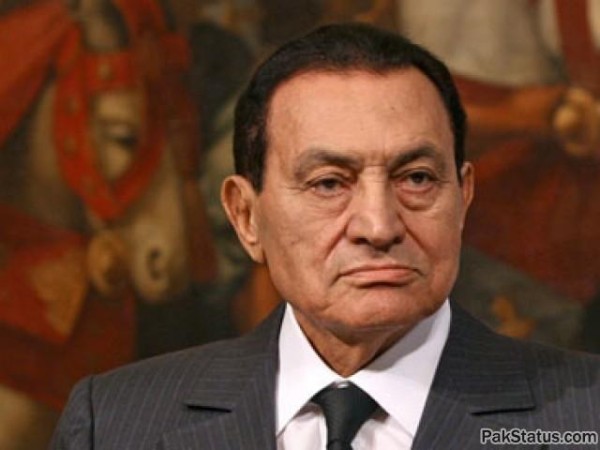
Toppled ignominiously from his perch after less than three weeks of street demonstrations, Mubarak and his two sons were charged with a series of crimes and arrested. Mubarak was replaced by an interim council of generals and then by the first democratically-elected president in modern Egyptian history, Mohammed Morsi of the Muslim Brotherhood. He, in turn, was deposed by his defence minister, Abdul Fattah al-Sisi, who has since turned back the clock to the Mubarak era.
For all intents and purposes, Egypt is back to where it was on the eve of the Arab Spring.
Syria, the self-styled “beating heart” of Arab nationalism, has virtually imploded. For the past four years, Syria has been embroiled in an increasingly bloody civil war, which has claimed the lives of about 250,000 of its citizens. Unwilling to implement meaningful reforms, Syrian President Bashar al-Assad ignited the unrest after suppressing peaceful protests by brute force. Assad has already killed far more Syrians than his late father, Hafez, who crushed an Islamic rebellion in the city of Hama in the early 1980s.
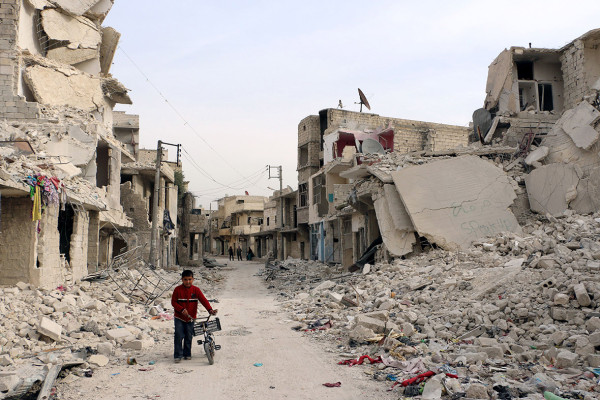
The current war, which pits the Syrian police state against an assortment of rebel groups, has left major cities like Aleppo in ruins and impelled millions of Syrians to leave the country, creating the worst refugee crisis in Europe since the end of World War II.
Backed by Iran Hezbollah and Russia, Assad controls less than a quarter of Syrian territory. The rest is held by, among others, Islamic State, the Nusra Front, the Free Syrian Army and the Kurds.
Once one of the Arab world’s most influential nations, Syria lies is tatters today, a victim of Assad’s hubris and brutality.
Libya, too, has been adversely affected by the Arab Spring.
Brooking no opposition to his rule, Libya’s dictator Muammar Gaddafi tried to tough it out by means of firepower and mass arrests. But he was doomed from the moment the NATO alliance joined the fray, ostensibly to establish a no-fly zone in Libya for humanitarian purposes.
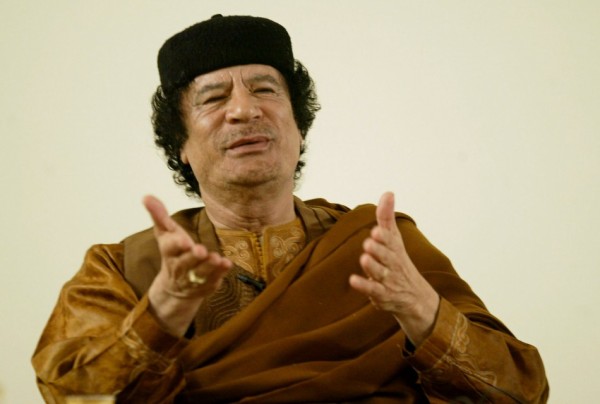
Much to Russia’s dismay, the United States and its allies used the mission as a cover to bomb the Gaddafi regime into oblivion. Of all the despots deposed by the Arab Spring, Gaddafi suffered the worst possible fate. Found by rebels cowering in a culvert, he was beaten to death, his corpse unceremoniously dumped in a shed for curious onlookers to gape at.
Since Gaddafi’s violent removal, Libya has sunk into the slough of fratricidal warfare, with various militias now controlling the immensity of its land mass. Having ceased to be a unified and functional nation, Libya is now a patchwork of competing statelets vying for dominance.
For all his glaring faults, Gaddafi had one redeeming virtue — he held Libya together.
Yemen has gone the way of Libya.
Formerly divided into two separate nations, Yemen pulled itself together, but fell apart again as the spirit of the Arab Spring reached this remote nation on the tip of the Arabian peninsula. Yemen also continues to be plagued by the local franchise of Al Qaeda.
Yemen’s president, Ali Abdullah Saleh, a wily operator, relinquished power in 2012 after months of protests. The vice-president, Abd Rabbu Mansour Hadi, succeeded him, only to flee after the Houthis — a Shiite group aligned with Iran — seized control of the capital, Saana, and surrounding areas.
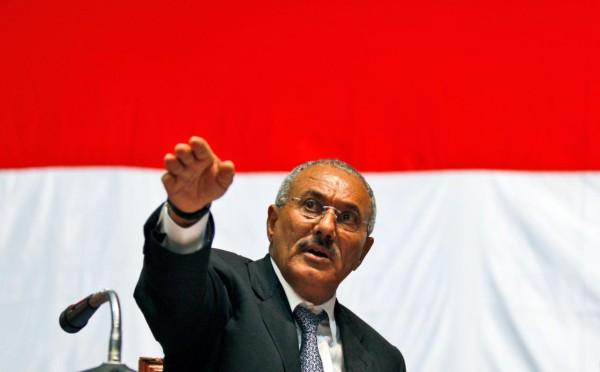
Saudi Arabia, in support of Hadi, launched a campaign of air strikes to batter the Houthis. The United States sided with the Saudis, supplying them with real-time intelligence data and logistical backing. But the Houthis remain undefeated, and Yemen remains in utter turmoil.
In short, the Arab Spring has destabilized much of the Arab world and disillusioned the vast majority of its inhabitants.
Tunisia has managed the transition from tumult to a measure of stability, but Egypt has pivoted back to the kind of authoritarianism to which Egyptians are inured. In Syria, Libya and Yemen, the Arab Spring has proven to be utterly counter-productive and disastrous.
